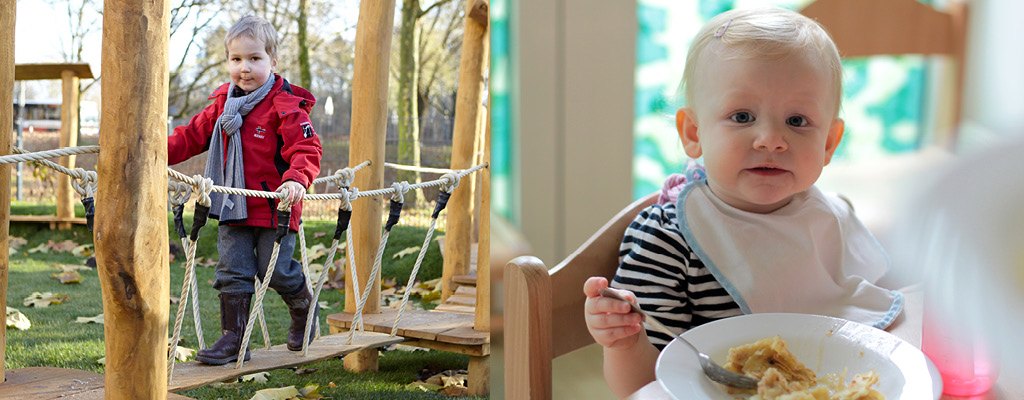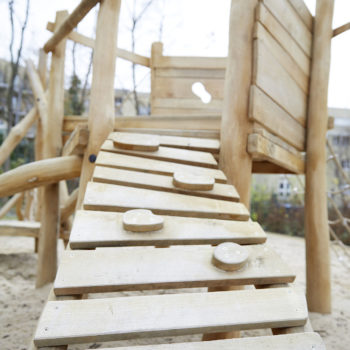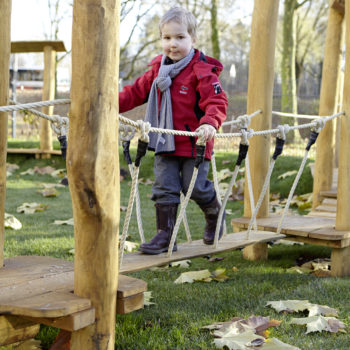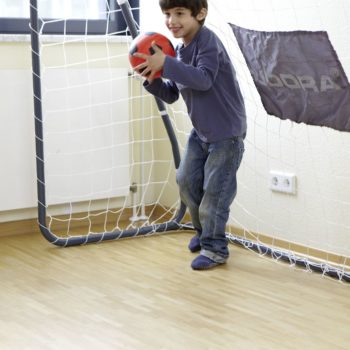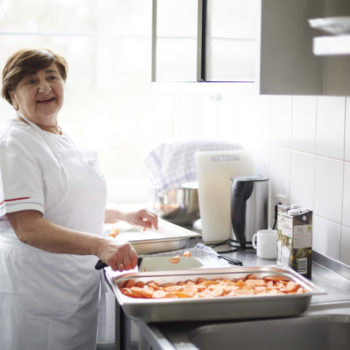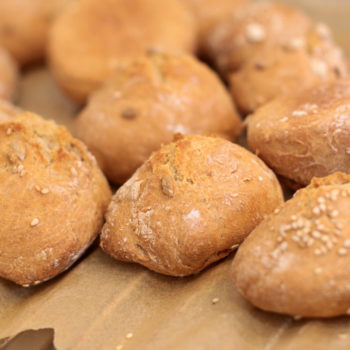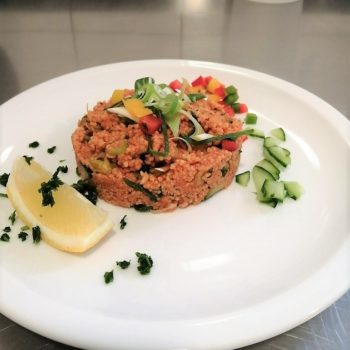Learning by moving
Brain research provides evidence that there is a close connection between motor coordination and thinking planning. Children learn by doing, and through movement they develop cognitive and language skills, as well as other skills they need to cope with everyday life. These include
- willingness to cooperate
- sense of responsibility
- initiative
- flexibility
- ability to solve problems
- empathy.
At Villa Luna, we provide enough space for the children to actively discover their living environment, and many of our pedagogical offerings include movement components. Through an additional varied offer of movement, they get to know themselves, their environment as well as their caregivers and the basic competencies mentioned above are promoted in the best possible way. For this purpose, we have multi-purpose rooms, a play hall and our extensive outdoor area as well as nearby green spaces at our disposal.



